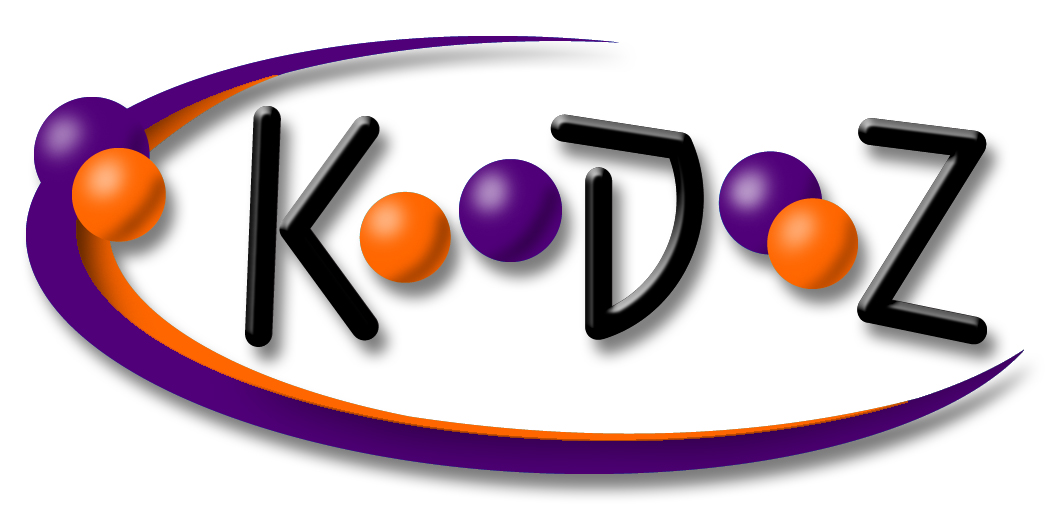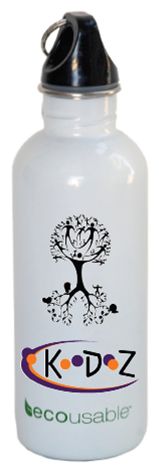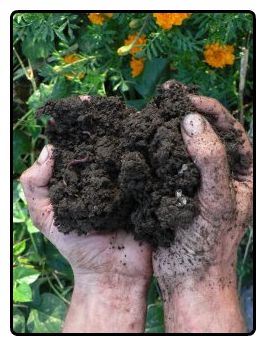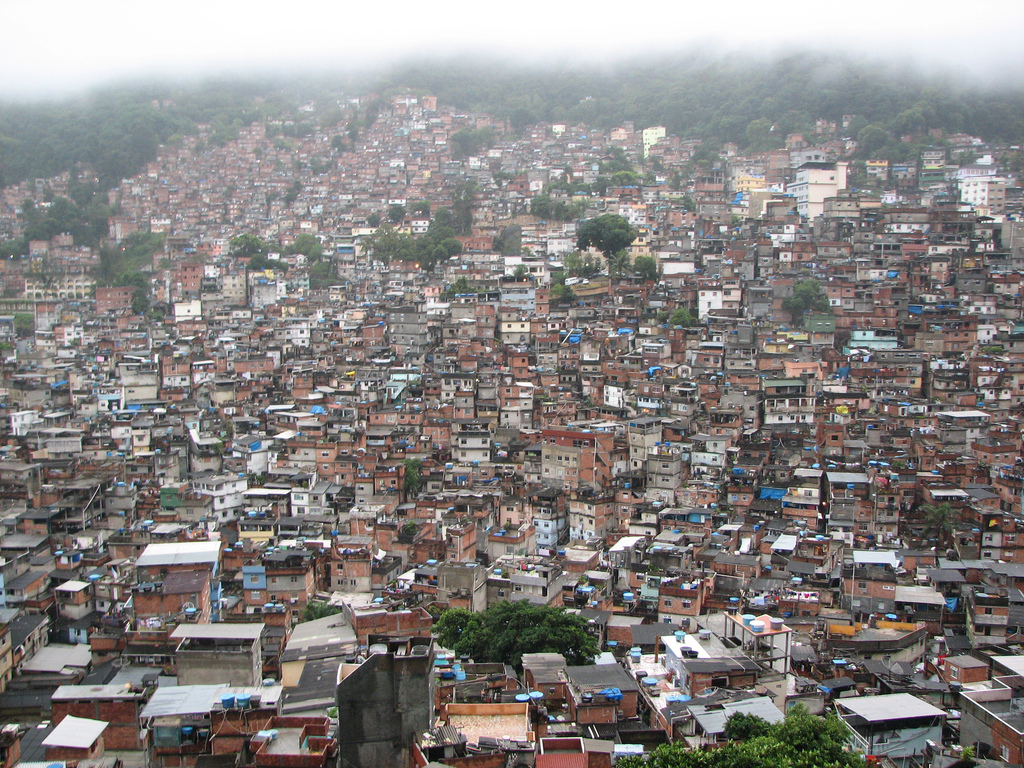Cultivating Change with Youth
/One of my goals for The Changebase is to use the blog as a platform for sharing the stories of companies, organizations and people working to create change in their communities. After all, there are lots of examples of great progress being made in CSR, social enterprise, and philanthropy and they should be celebrated! This time around, I'm pleased to share the story of Christine Guardia and her work with KooDooZ.
I hope, after reading Christine's post, you'll be inspired to find your own "life balance of Heart, Mind, Body and Spirit"!
By Christine Guardia
We live in a world defined by change – change grabs the headlines and demands our attention. Our access to information has been heightened with globalization and, as a result, it has further mobilized our communities for change.
The concept of leveraging social media for social good resonates with me, because that’s what I do for a living. I am the “cause cultivator” for KooDooZ, a “cause-based” social networking site for youth. In this role, I cultivate non-profit and for-profit partnerships for the purpose of co-creating and co-marketing real-world events and social impact campaigns. The site’s purpose is to provide KDZ (our users, typically ages 9 through 15) with a safe place online to channel their passions into actions and strategies for social change and personal growth. For the benefit of our non-profit and for-profit partners, KooDooZ provides event and social impact expertise, delivering collaborative real-world events (such as the Tour De Fitness) and online challenges (such as coat drives) to nurture new youth and family engagement.
The site’s purpose is to provide KDZ (our users, typically ages 9 through 15) with a safe place online to channel their passions into actions and strategies for social change and personal growth. For the benefit of our non-profit and for-profit partners, KooDooZ provides event and social impact expertise, delivering collaborative real-world events (such as the Tour De Fitness) and online challenges (such as coat drives) to nurture new youth and family engagement.
Despite the fact this generation (Gen Z) is altruistic and cause-centric, their access to opportunities to “create change” has traditionally been limited. So far, there have been unequal opportunities for civic engagement before the age of twenty. By challenging themselves with service learning, volunteerism and personal growth opportunities, KooDooZ KDZ learn outside the boundaries of formal education. Our technology allows them to access information and craft their own identities in unprecedented ways.
Because kids need a higher diversity of ways to engage as social entrepreneurs, KooDooZ challenges KDZ to find their life balance of Heart, Mind, Body and Spirit. I decided to do the same; since w orking for KooDooZ, I have been inspired by ChicoBag to stop using plastic shopping bags and switch to reusable bags. The “Bag Monster,” a person covered in 500 bags (the average number of plastic bags an American uses each year), made me realize I needed to make a change. Now reusable bags are strategically placed in my car, at my office and near the front door.
orking for KooDooZ, I have been inspired by ChicoBag to stop using plastic shopping bags and switch to reusable bags. The “Bag Monster,” a person covered in 500 bags (the average number of plastic bags an American uses each year), made me realize I needed to make a change. Now reusable bags are strategically placed in my car, at my office and near the front door.
I also carry EcoUsable’s BPA-free stainless steel filtered water bottle, which further reduces my dependency on plastics. EcoUsable provided stainless steel bottles to the Tour de Fitness (TDF ’09) participants and also sponsored a challenge within KooDooZ asking KDZ to come up with their own images of sustainability. The winning bottle design will be produced by EcoUsable and sold via KooDooZ. In addition, for every bottle sold, the winner will receive $1 and KidShape, a non-profit organization that builds healthy families, will also receive $1.
The KooDooZ website is currently in Alpha release and this spring we will be launching a pilot program for groups of kids (siblings, classmates, teammates, etc.) and the adults in their lives (parents/guardians, teachers, coaches, etc.) to be some of the first KooDooZ users and provide feedback to help shape the system. Our goal is to partner with schools, nonprofits and/or companies that would like to help children create change.
If you would like to utilize KooDooZ to challenge KDZ to achieve in 2010, please contact us at info@koodooz.com. Christine Guardia is a graduate of the Public & Nonprofit Management Program at Boston University School of Management. In her free time, Christine enjoys spending time with her eight nieces and nephews, walking (she is currently training for an 18-mile fundraising walk this summer) and reading.



